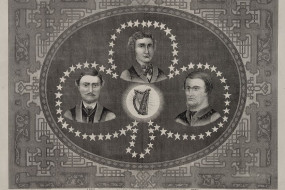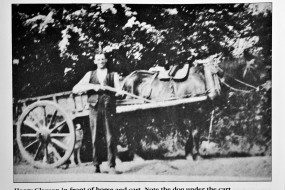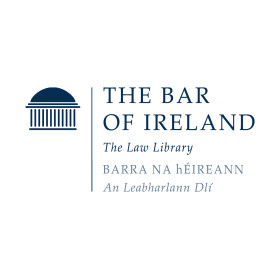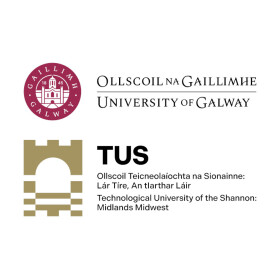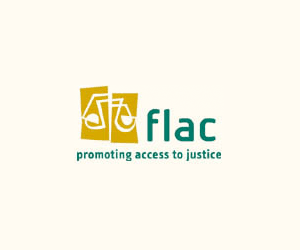Andrea McCann, employment partner at John McKee in Belfast, looks at how employers can enforce restrictive covenants through the courts. Employees are integral to the success of all businesses. But when individuals leave to join a competing organisation or set up their own business, they do so knowi
Analysis
Employment law solicitor Richard Grogan of Richard Grogan & Associates examines the law on constructive dismissal. This is an issue which we constantly come back to, as there are a significant number of cases that go by way of constructive dismissal. The vast majority of these are lost.
On 18 September 1867, Police Sergeant Charles Brett was shot dead while transporting prisoners, including two members of the Irish Republican Brotherhood (IRB), from Manchester police court to Bell Vue Gaol.
Deirdre Malone, partner in the employment team at Ronan Daly Jermyn, considers the latest developments in a long-running disability discrimination case. Are we there yet? The short answer is no. A cast of thousands has reviewed the decision of Nano Nagle School –v- Marie Daly, but we are no cl
Sinead Morgan, senior associate in the employment team at DWF in Dublin, sets out the key legal considerations for any company offering remote working to its employees. Remote working, flexible working or homeworking? Whatever term you choose to use the desire for, and drive towards remote working i
Paul Craig, professor of English law at St John's College, Oxford and an authority on administrative and EU law, writes about important issues of constitutional principle and law raised by the prospect of prorogation as well as those concerning fact and causation. Constitutional principle and law
Richard Gray, partner and head of the corporate team at Carson McDowell in Belfast, examines the potential impact of Brexit on the food and drink sector. According to Invest Northern Ireland, the food and drink sector is worth £5 billion to the economy in Northern Ireland. As well as being the
Employment law solicitor Richard Grogan of Richard Grogan & Associates examines the issue of harassment in the workplace. In Case ADJ15003, the Adjudication Officer dealt with two significant issues: firstly, what is harassment; and secondly, the issue of investigations of complaints.
Criminology lecturer Dr Ian Marder and postgraduate student AnnMarie Maher of Maynooth University Department of Law consider the needs of children of imprisoned parents. The children of imprisoned parents suffer some of the worst unintended harms caused by criminal justice systems. It is estimated t
Barrister John Temple examines the appeals process for those who have been denied their Leaving Cert results. Some 59,000 students received their leaving certificate results last week. For those who have studied for months and prepared through exhausting long hours for any examination, there is at l
Lisa Bryson, partner and head of employment at Eversheds Sutherland in Belfast, considers the meaning of Priti Patel's recent announcement on free movement. Reports early this week indicated that the new Home Secretary intends to “end free movement” to the UK of EEA citizens immediately
Maureen Daly, partner and head of technology and intellectual property at Beauchamps, writes on recent changes to Irish copyright law. The Copyright and Other Intellectual Property Law Provisions Act 2019 was signed into law by the President on 26 June 2019, but the Act has not yet commenced. A Comm
Claire Edgar, partner at Francis Hanna & Co Solicitors in Belfast, writes on new pensions guidance which has been published to help family law practitioners in ancillary relief cases. A recently published report provides guidance for how pensions should be treated in divorce. The Guide to the Tr
Over 100 years after the tragedies that befell Rathcannon, another Holycross parishioner was the victim of one of Ireland’s most infamous miscarriages of justice. Henry 'Harry' Gleeson was born in Holycross, County Tipperary in 1903. One of twelve children, he was asked by his maternal uncle,
The total value of mergers and acquisitions (M&A) in Ireland has risen by 24 per cent to €2.5 billion in the past year, according to new analysis from William Fry and Mergermarket. The mid-year William Fry Mergers & Acquisitions Review 2019 also reports that deal volume dropped over the





